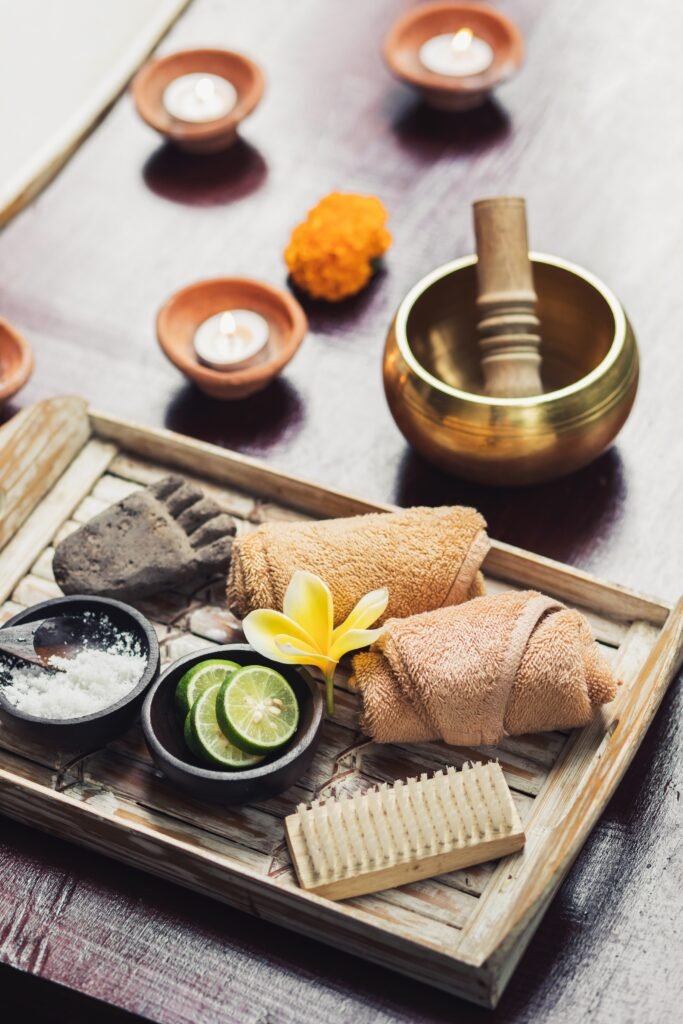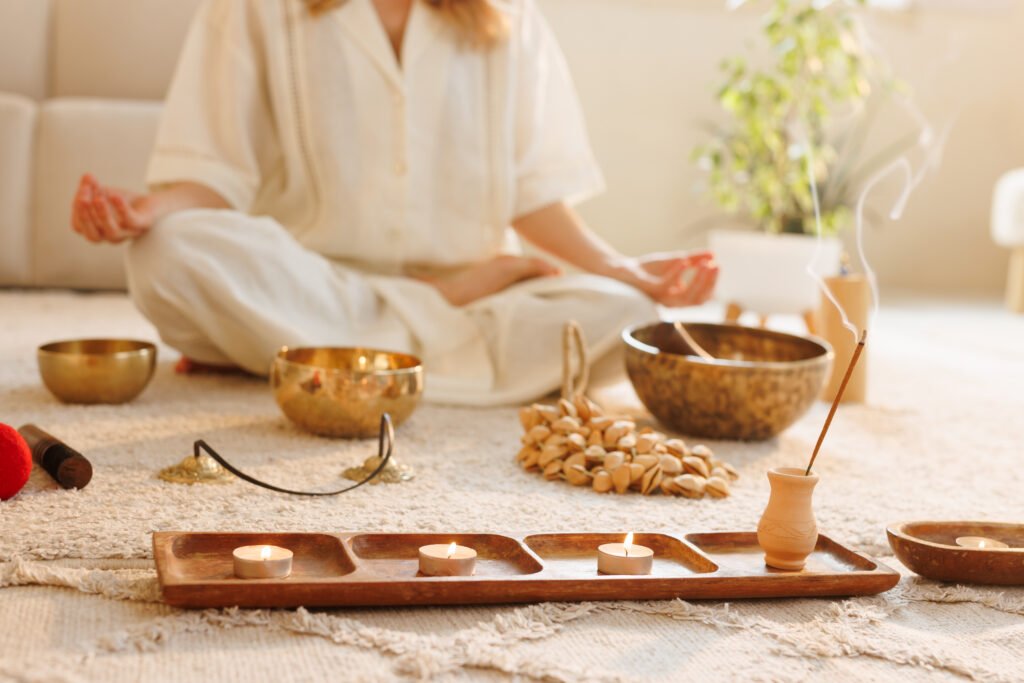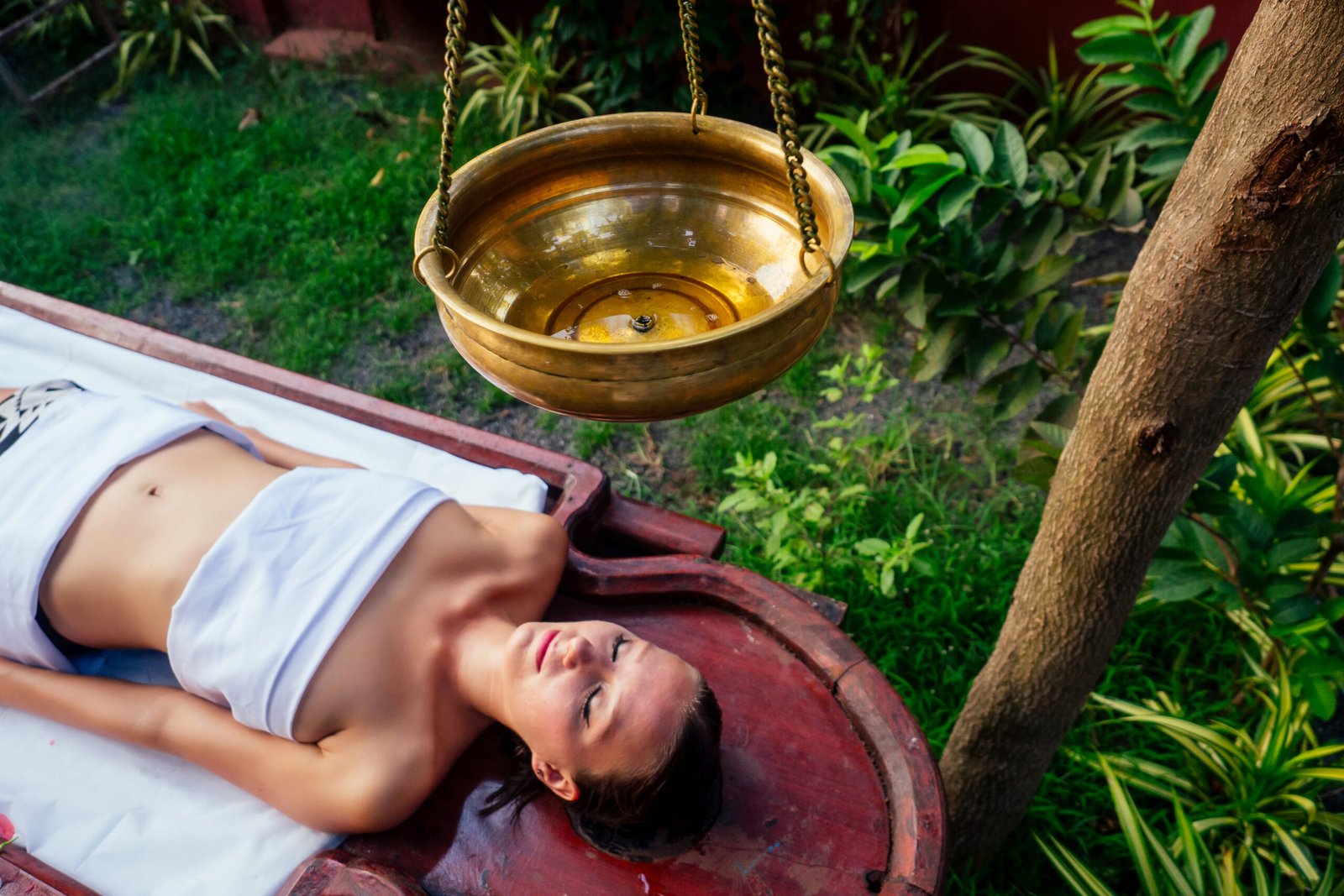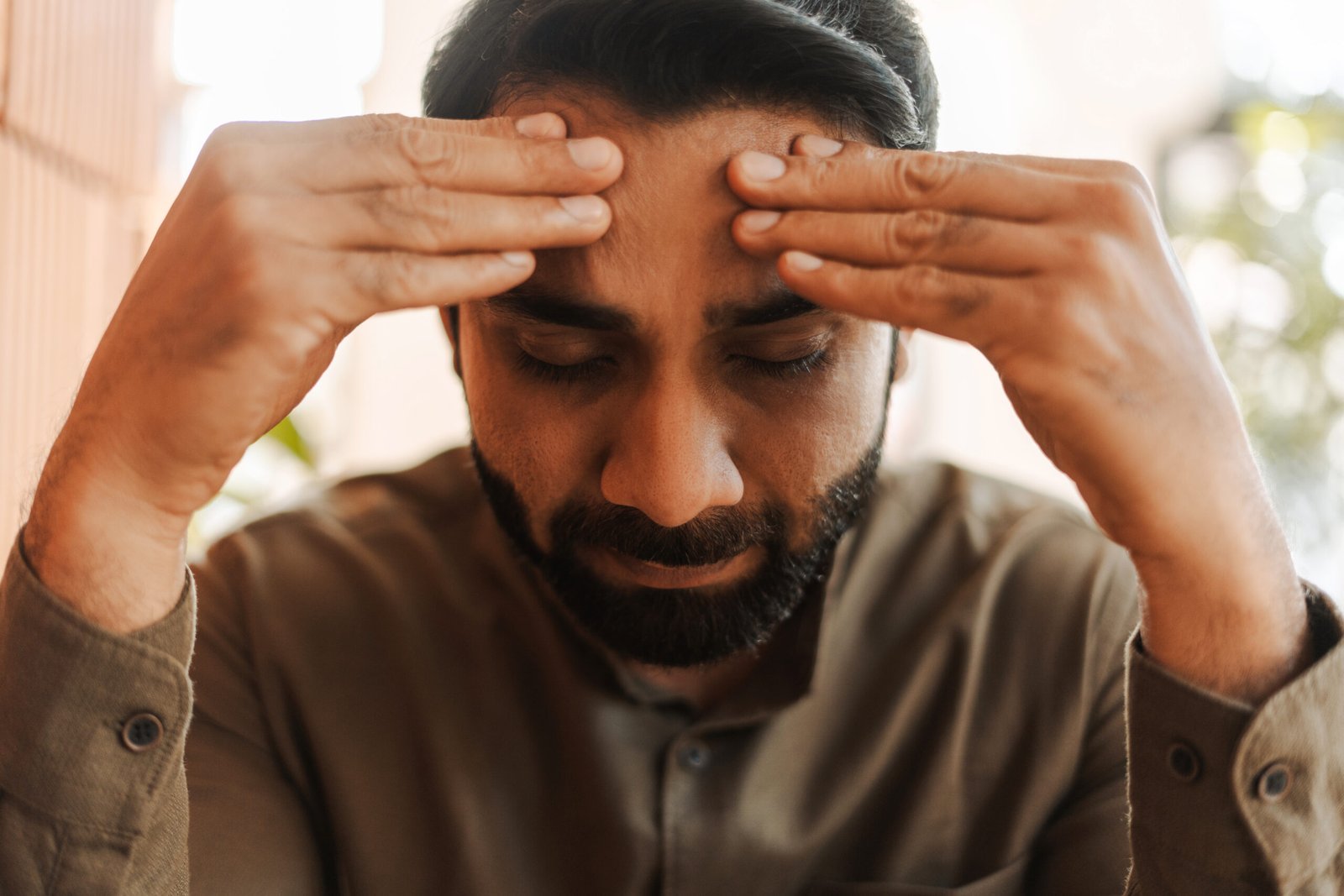Introduction
Anxiety is one of the most frequently reported mental health concerns worldwide. It includes a range of symptoms such as restlessness, excessive worry, fatigue, difficulty concentrating, and sleep disturbances. According to the World Health Organization (WHO), anxiety disorders affect approximately 264 million people globally.
While conventional treatment options include medications and psychotherapy, a growing body of individuals explores complementary and traditional health systems for additional support. Ayurveda, a traditional system of medicine with origins in India, offers individualized approaches to health that may be relevant in the context of mental well-being.
Ayurvedic Perspective on Anxiety
In Ayurvedic thought, mental health is closely connected to the balance of the three doshas—Vata, Pitta, and Kapha. Anxiety is often described in traditional texts as being linked with an imbalance in Vata dosha, which governs movement and communication in the body and mind. Classical Ayurvedic texts such as Charaka Samhita describe symptoms like fear, restlessness, and instability as being related to Vata aggravation.
These ideas are not diagnostic criteria in a modern clinical sense but are part of a traditional framework that seeks to understand health in a holistic manner—taking into account diet, daily routine, environment, and constitution (Prakriti).

Herbs and Formulations Referenced in Research
Several herbs commonly used in Ayurvedic practice have been explored in modern studies for their potential relevance in managing symptoms associated with stress and anxiety:
• Ashwagandha (Withania somnifera):
A randomized, double-blind, placebo-controlled study examined the effects of high-concentration full-spectrum Ashwagandha root extract on individuals with stress. Results indicated reductions in stress and anxiety scores in the intervention group compared to placebo (Chandrasekhar et al., 2012).
• Brahmi (Bacopa monnieri):
A systematic review on Bacopa suggested that it may influence cognitive performance and reduce symptoms related to anxiety and stress in healthy populations (Pase et al., 2012).
• Jatamansi (Nardostachys jatamansi):
Preclinical studies have examined its potential effects on behavior and stress response in animal models (Sharma et al., 2016).
These studies are preliminary and exploratory, and further large-scale clinical research is required to draw definitive conclusions.

Lifestyle Approaches Noted in Ayurveda
Ayurveda places strong emphasis on daily routines (Dinacharya), seasonal practices (Ritucharya), and practices such as meditation, breathing exercises (Pranayama), and Abhyanga (oil massage). These approaches are framed within a preventive and wellness-based paradigm. While many of these practices are being explored scientifically, individual experiences may vary, and they should be considered as part of a broader health plan.
Conclusion
Ayurveda provides a traditional lens through which emotional balance and nervous system support are approached holistically. While Ayurvedic concepts differ from modern clinical models, ongoing research is beginning to explore areas of convergence, especially in stress and anxiety management. Consultation with qualified professionals—both Ayurvedic and conventional—is recommended when considering integrative strategies.
Disclaimer
The information provided is for educational purposes only. It serves to share general knowledge on various health topics, wellness services, herbal beauty products, and herbal supplements. The reader/viewer assumes full responsibility for the use of this information. It is strongly recommended that a qualified healthcare professional be consulted to determine what is appropriate for individual health, wellness, and the use of herbal beauty products or herbal supplements.
References
Chandrasekhar, K., Kapoor, J., & Anishetty, S. (2012). A prospective, randomized double-blind, placebo-controlled study of safety and efficacy of a high-concentration full-spectrum extract of Ashwagandha root in reducing stress and anxiety in adults. Indian Journal of Psychological Medicine, 34(3), 255–262.
Pase, M. P., Kean, J., Sarris, J., Neale, C., Scholey, A. B., & Stough, C. (2012). The cognitive-enhancing effects of Bacopa monnieri: A systematic review of randomized, controlled human clinical trials. Journal of Alternative and Complementary Medicine, 18(7), 647–652.
Sharma, R., Amin, H., & Galib, R. (2016). Evaluation of the anti-anxiety effect of Nardostachys jatamansi in experimental models. Journal of Ayurveda and Integrative Medicine, 7(2), 72–77.



